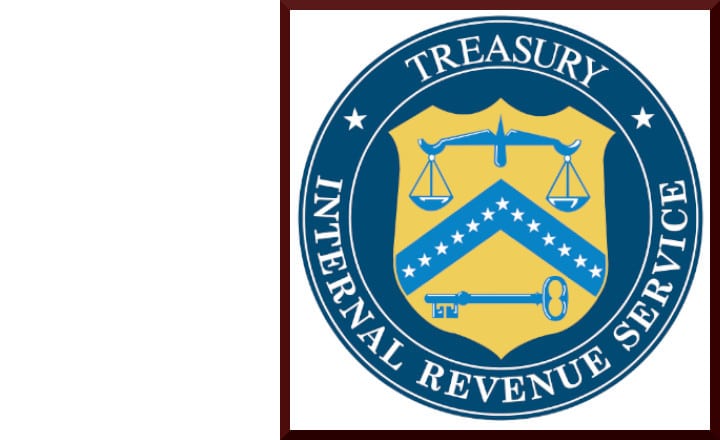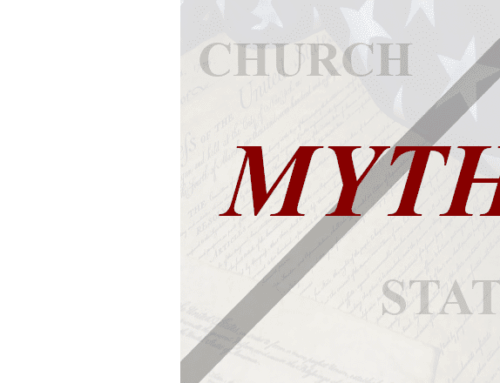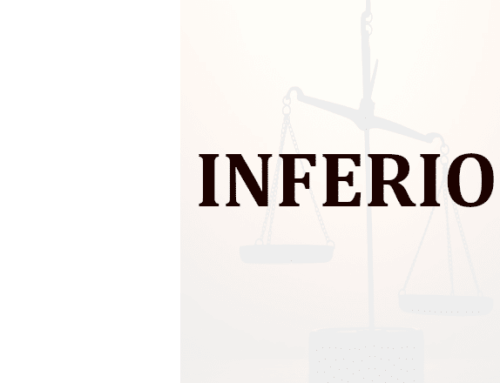July 15, 2025
The Catholic League welcomes the announcement that the IRS has altered its policy on non-profit organizations and their participation in political campaigns. We know from our own experience that the 1954 stricture, known as the Johnson Amendment, prohibiting 501 (c) (3) organizations from campaign activity, is both rife for mischief and impractical. But the changes will not have any substantial impact on the way we have been operating for decades.
On July 7, the National Religious Broadcasters, an association of Christian communications, and the IRS reached a settlement regarding their dispute over the IRS’s authority to stifle the political speech of religious non-profits.
“When a house of worship in good faith speaks to its congregation, through its customary channels of communication on matters of faith in connection with religious services, concerning electoral politics viewed through the lens of religious faith, it neither ‘participate(s)’ nor ‘intervenes’ in a ‘political campaign,’ within the ordinary meaning of those words.”
The motion said “this interpretation of the Johnson Amendment is in keeping with the IRS’s treatment of the Johnson Amendment in practice.”
That conclusion is way too generous. The IRS did in fact break new ground with its settlement agreement. Here’s the evidence.
Just weeks after Barack Obama was elected president in 2008, I was notified by the IRS that the Catholic League was under investigation for violating the IRS Code on political activities as it relates to 501 (c) (3) organizations. What the IRS did not realize is that I knew who triggered the investigation: Catholics United (now defunct), a George Soros-funded phony Catholic organization. We know it was a dummy Catholic group because of the 2016 Wikileaks files on John Podesta (former chief of staff for President Bill Clinton and chairman of Hillary Clinton’s presidential campaign). He admitted to doing this.
When I received the November 24, 2008 IRS letter notifying me of a probe, I recognized how strikingly similar it was to a leaked copy of the Catholics United complaint. Just before I was scheduled to go on CNN on October 23 (three days after I wrote a news release, “George Soros Funds Catholic Left”), a CNN staffer leaked the complaint to me. She did so because the head of Catholics United, Chris Korzen, tried to stop me from being interviewed—he suggested that one of his allies take my place, claiming I was not “an authentic Catholic commentator.” CNN knew better and I went on TV that night.
The “evidence” against me was nothing more than news releases and reports that I had written during the presidential campaign on various issues. In other words, the IRS would not have taken action against the Catholic League if it were faithful to the rules that it now claims were always operative. In short, the new wording is welcome precisely because it alters its long-standing policy on religious non-profits.
What we went through—it lasted for about a year and a half before we were given a slap on the wrist—proves what I said about the IRS rule being rife for mischief: It allowed the Soros-funded “Catholic” group to persuade the IRS to start its investigation.
Another example of the mischief that the initial rule entailed was the disparate treatment given to African American churches. Not a campaign season goes by without political candidates speaking at black churches. In some cases, they have been endorsed by pastors; there are instances when collections have been taken up for them. If this happened at a Catholic church, the whole world would know about it.
I also said this stricture was impractical. What made it impractical was the enforcement mechanism.
How can a religious non-profit like the Catholic League be expected to combat anti-Catholicism, and fight for religious liberty, without addressing political figures who are responsible for these matters? We have a First Amendment right to freedom of religion and freedom of speech, so any encroachment on those rights is unconstitutional.
The IRS concluded that although the Catholic League had “intervened in a political campaign,” it was “unintentional, isolated, non-egregious and non-recurring,” and therefore our tax exempt status remained in tact. I told the IRS agent who contacted me that they were twice wrong: (a) we did not intervene in a political campaign and (b) what we did was intentional. Therefore, I said, we were not going to change course.
It is now indisputable: the Catholic League did not change—the IRS did.
We will continue to address policy issues that arise during a political campaign that are of interest to our mission. While we have no plans to endorse candidates for public office, we will not hesitate to call out candidates who trespass on religious liberty. Quite frankly, once either the Republicans or the Democrats think they own you, they are free to throw you to the curb. We are happily independent.
So while we will not substantially change our stance, we are glad to know that we won’t have the IRS looking over our shoulder for simply doing our job.










